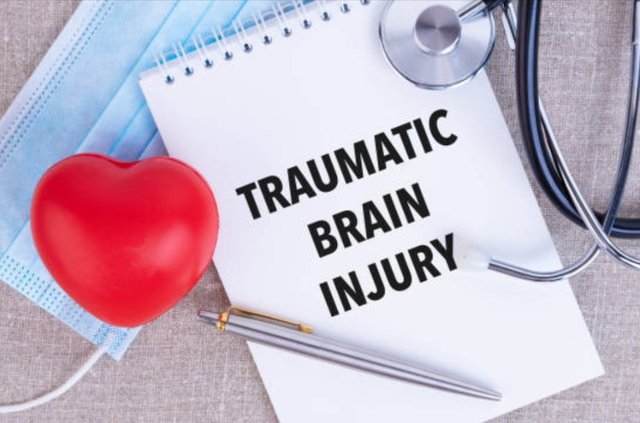
The impact of Traumatic Brain Injury is widely recognized. Increasing awareness of the disease has led to advances in research, service design, legislation, and funding. New treatments and therapies are focusing on neuro-protective approaches that increase the level of neuro-plasticity at the cellular and network levels. More accurate diagnostics and rehabilitation centres are also becoming more widely implemented. In addition, a new national TBI strategy has been developed that is aimed at preventing and controlling the injury.
TBI Types
There are two types of TBI, diffuse axonal injury and open head injury. Both cause damage to the white matter of the brain. The latter involves twisted nerve axons. These axons are the components of the brain's white matter. Some of the other types of TBI involve intracranial pressure or ischemia, or both. An open head injury occurs when the skull is penetrated by a foreign body or an object.
Early TBI care includes rescue and emergency surgical interventions and the prevention of secondary insults. The latter may require invasive medical procedures and can even result in heart failure. This type of treatment is irreversible, but it can affect the patient's ability to breathe. Seizures may occur shortly after the injury, but they may also develop years after the injury. These recurrent seizures are termed post-traumatic epilepsy.
A severe TBI is associated with a higher mortality rate than those without it. Patients who suffer from 'profound disability' may need ongoing care and specialist interventions. A traumatic brain injury can lead to an increased risk of developing dementia or Alzheimer's disease. A person with this condition is also more likely to suffer from movement disorders. The impact of TBI is most severe when the patient is not able to follow simple commands.
Although a TBI often occurs suddenly, it can have a lasting impact on the person's quality of life. Many victims have difficulty engaging in leisure activities or working as a result of their trauma. The physical symptoms have been linked to social isolation, which reduces the quality of life for survivors. These injuries often cause a lower quality of life, which can lead to depression and other health problems. In severe cases, the symptoms can lead to a lifetime of emotional pain.
TBI in Athletes
The risk of TBI is higher for professional athletes. These athletes are big and strong and move at high speeds. They have little regard for their safety. While they may be able to follow simple commands, the impact of traumatic brain injury on their lives is often not immediate and permanent. In addition, they may suffer behavioral problems and other neurological disorders. Acute TBI has a detrimental effect on their quality of life. Fortunately, treatment is available for all types of TBI.
TBI Impacts
The impact of TBI varies. Some victims report that they have difficulty engaging in leisure activities after a TBI. Other victims may be unable to work as a result of physical symptoms. They may also experience cognitive or emotional difficulties. Some sufferers may be unable to talk coherently. Those with severe TBIs may experience problems with vision, hearing, and memory. Acute TBI can lead to lifelong problems.
It is important to understand how traumatic brain injury can affect a person's quality of life. For example, if an individual suffers a serious TBI, they may be unable to return to the same jobs they had before the accident. The impact of TBI is far reaching and can have long-term consequences. A moderate TBI usually resolves itself in a few hours, while others may struggle to walk for several months.
TBI Treatments
There are various types of treatments available for TBI, including surgery, physical therapy, and speech therapy. An occupational therapist can help patients with movement issues and learning skills. A neuropsychologist can determine the cognitive impairments that may arise after TBI and provide therapies that will help patients cope with their behaviors and emotions. Speech pathologists can help patients learn to speak again or use communication devices. A physical therapist at Health Bound Health network for physiotherapy can help patients improve their memory and learn to live with the pain that comes with TBI.